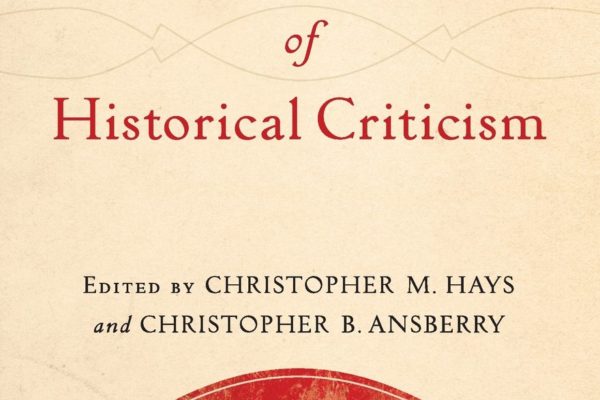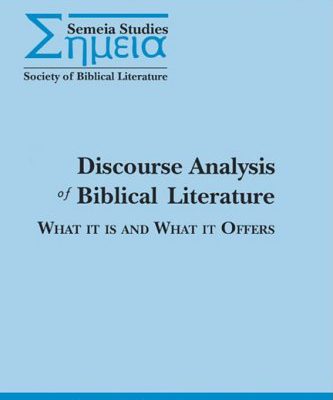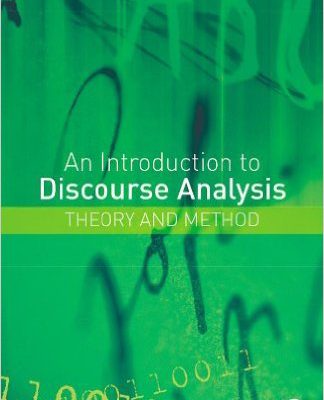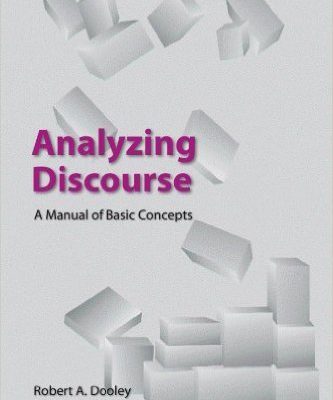Review of Evangelical Faith and the Challenge of Historical Criticism
My review of Evangelical Faith and the Challenge of Historical Criticism, edited by Ansberry and Hays, has been published in American Theological Inquiry. I think this was a very important and timely project to appear in order to show what happens when Evangelicals try to use historical-critical conclusions while still retaining Evangelical tenets, such as inerrancy. I found quite a few internal inconsistencies in this attempt, which suggests the two ways of approaching Scripture simply aren’t as compatible as the authors wish them to be.…




